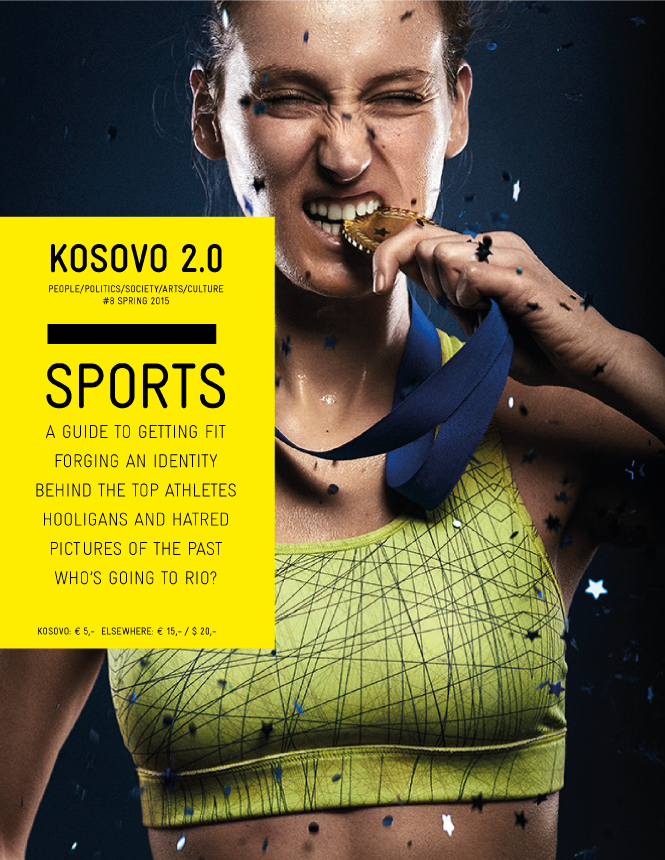
#8 SPORTS
This issue of Kosovo 2.0 examines how, despite limited infrastructure, funding, and state support, sports have shaped national identity in Kosovo’s pursuit of recognition. Explored in the context of inequality and nationalism, this issue highlights sports' ability to unite communities and expose divisions. “Sports” was produced with the support of the crowdfunding campaign “Kosovo Wants To Play.”
|04.03.2015
|
This issue ties in with discussions of rights to participation, and representation as a fundamental right; of sports as a catalyzer of social mobility; and how the politics of identity play out in the field.

Besa Luci
Besa Luci is K2.0’s editor-in-chief and co-founder. Besa has a master’s degree in journalism/magazine writing from the University of Missouri’s School of Journalism in Columbia, U.S..
This story was originally written in English.